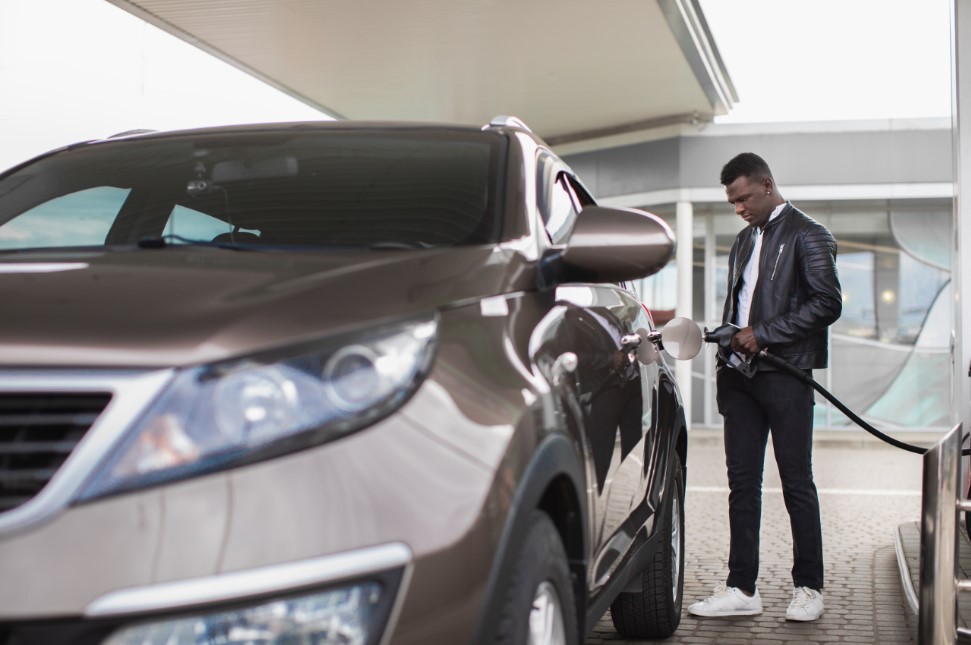
Why Isn’t My AC Cooling My Vehicle?
An AC can stop cooling for a variety of reasons, due to a range of problems related to the process of evaporation and condensation. Familiarize yourself with some basic AC components and their functions, so you’ll be able to better communicate the signs and issues with to your local auto repair technician.
Inadequate Cool Air
Low refrigerant charge, a loose drive belt, clogged condenser or evaporator, a slow leak in the system, or a slipping compressor clutch are all reasons that you may not be receiving sufficient cool air in your vehicle.
Freon Level
A gas and liquid combination, Freon is circulated and compressed throughout the air conditioning system. Compressed Freon is pushed through the AC system under pressure before being passed through an expansions valve that is designed to make gas expand and contract. Without an adequate Freon level, your AC can’t function efficiently and is unable to cool your vehicle properly.
Freeway Driving
You may notice a difference in the way your AC responds when you’re driving around your neighborhood versus when you’re cruising down the freeway. When your vehicle is traveling at a higher speed, the airflow increases and your engine operates at a cooler, more efficient temperature—helping your AC to function more effectively.
No Cool Air
When you notice that your AC won’t blow any cool air at all, a loose or broken drive belt, defective expansion valve, blow fuse, or a clogged expansion valve could all be to blame. You may actually experience warm or hot air in place of cool air from the vents, so turn off your AC entirely to avoid further overheating.

[1].jpg)
Sunwash-Tech-with-Customer.jpg)




